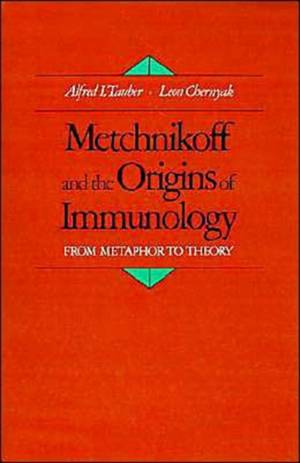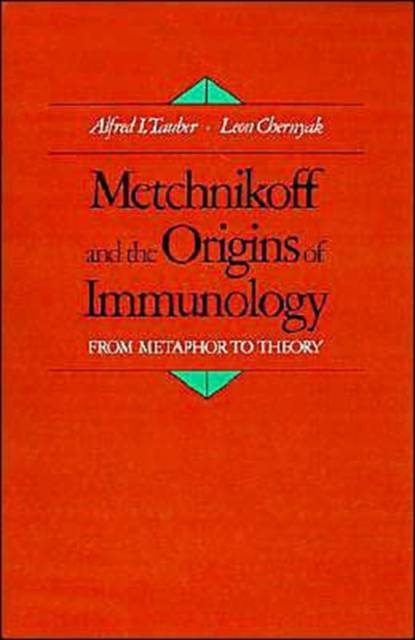
- Afhalen na 1 uur in een winkel met voorraad
- Gratis thuislevering in België vanaf € 30
- Ruim aanbod met 7 miljoen producten
- Afhalen na 1 uur in een winkel met voorraad
- Gratis thuislevering in België vanaf € 30
- Ruim aanbod met 7 miljoen producten
Zoeken
€ 508,95
+ 1017 punten
Omschrijving
This fascinating intellectual history is the first critical study of the work of Elie Metchnikoff, the founding father of modern immunology. Metchnikoff authored and championed the theory that phagocytic cells actively defend the host body against pathogens and diseased cells. His program developed from comparative embryological studies that sought to establish genealogical relations between species at the dawn of the Darwinian revolution. In this scientific biography, Tauber and Chernyak explore ore Metchnikoff's development as an embryologist, showing how it prepared him to propose his theory of host-pathogen interaction. They discuss the profound impact of Darwin's theory of evolution on Metchnikoff's progress, and the influence of 19th century debates on vitalism, teleology, and mechanism. As a case study of scientific discovery, this work offers lucid insight into the process of creative science and its dependence on cultural and philosophic sources. Immunologists and historians of science and medicine will find it an absorbing and accessible account of a remarkable individual.
Specificaties
Betrokkenen
- Auteur(s):
- Uitgeverij:
Inhoud
- Aantal bladzijden:
- 280
- Taal:
- Engels
- Reeks:
Eigenschappen
- Productcode (EAN):
- 9780195064476
- Verschijningsdatum:
- 25/07/1991
- Uitvoering:
- Hardcover
- Formaat:
- Genaaid
- Afmetingen:
- 155 mm x 237 mm
- Gewicht:
- 580 g

Alleen bij Standaard Boekhandel
+ 1017 punten op je klantenkaart van Standaard Boekhandel
Beoordelingen
We publiceren alleen reviews die voldoen aan de voorwaarden voor reviews. Bekijk onze voorwaarden voor reviews.











